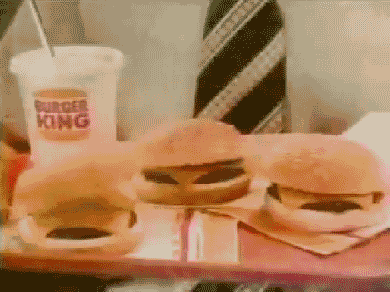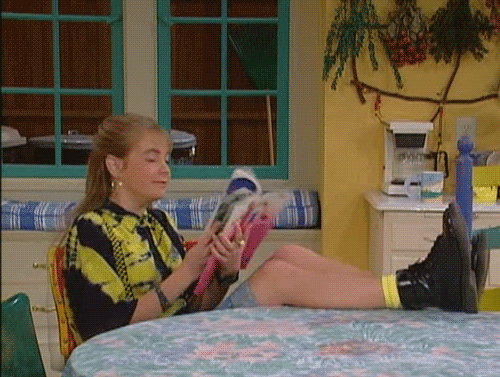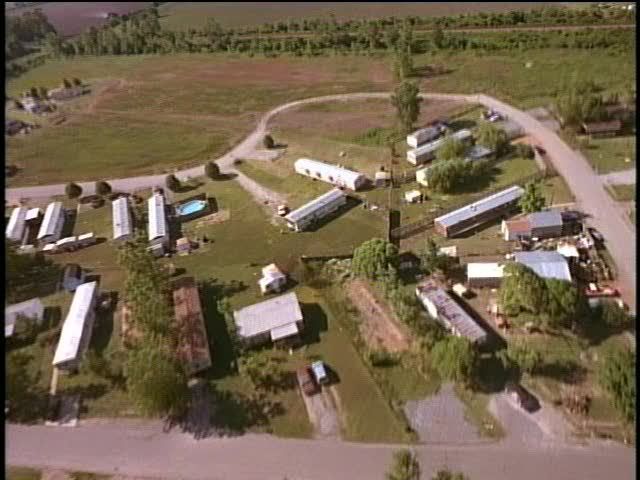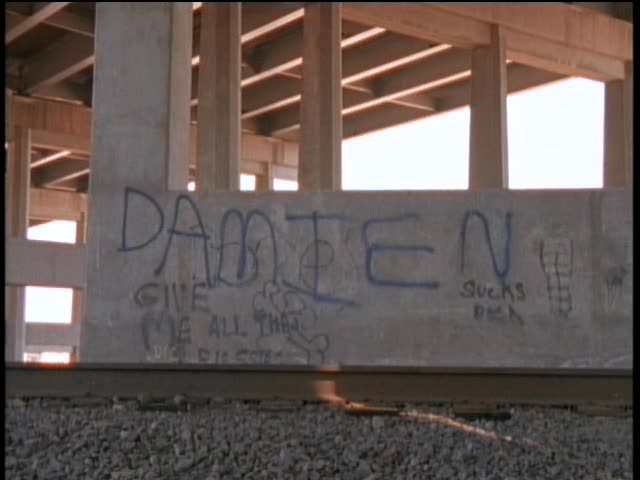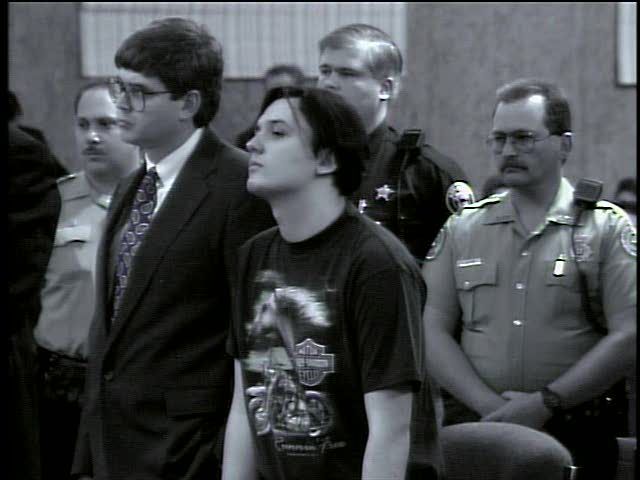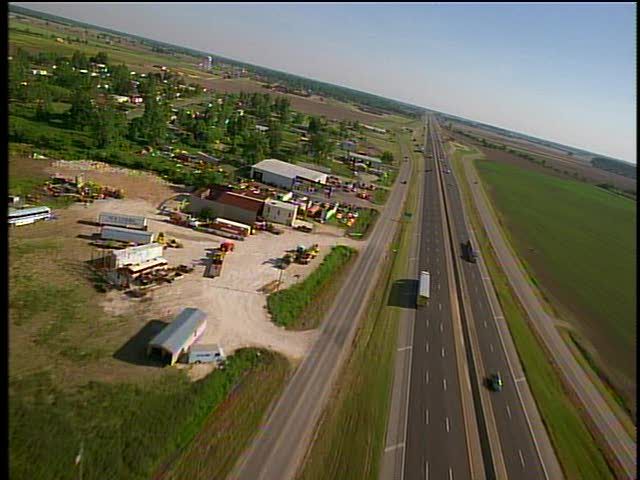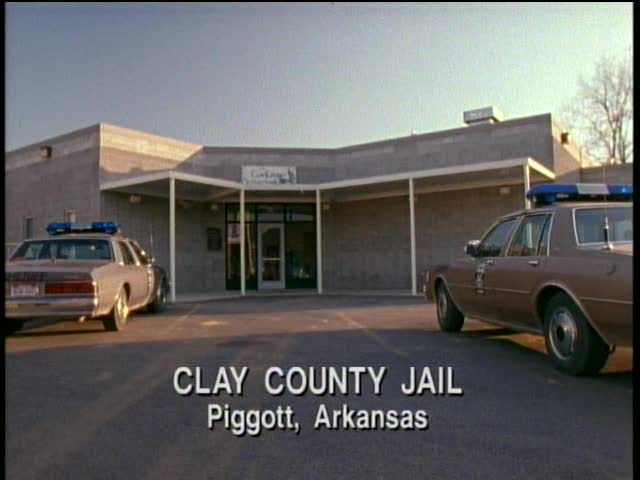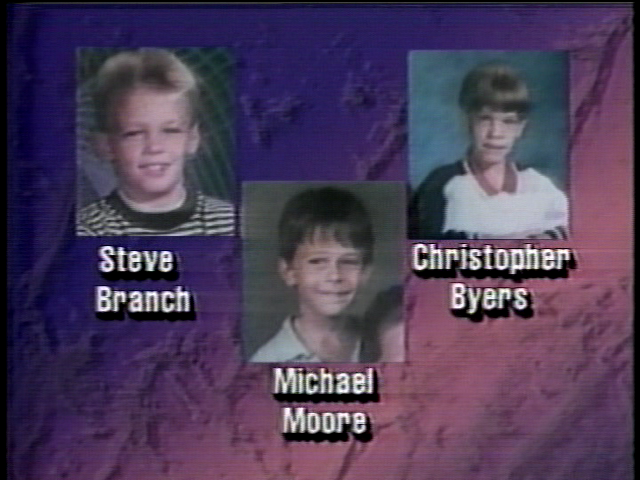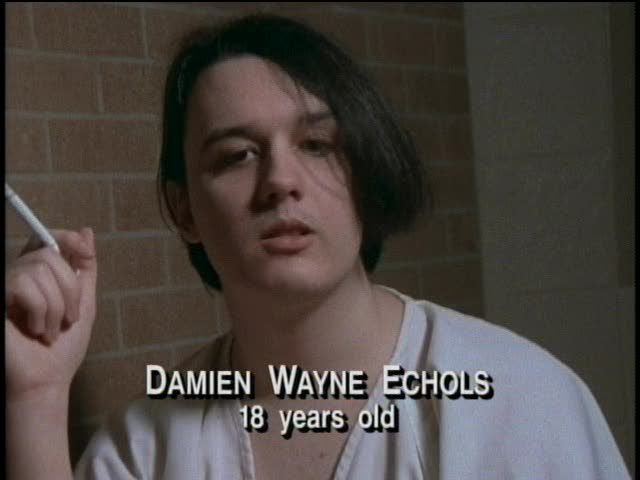
So I fell and ripped up my knee a whole lot and now it's kinda gangrenous and oh man there is literally no physical feeling in the world that can beat pulling-your-skintight-black-drainpipes-and-a-few-layers-of-skin-away-from-the-graze-they've become-cemented-to in terms of pain.
 (the extraction of a salivary stone)
(the extraction of a salivary stone)November has only just begun and already it seems like it's gonna be the month of weird/gross illnesses and afflictions. I had tonsillitis last week and I couldn't stop inspecting my throat. I even took pictures. It was interesting until I got to the third day of not being able to eat or sleep. Those are my only hobbies so life was pretty bleak for a while.
Also, a lady I work with bought in a saliva stone to show us. It looked like an orange pip and it had been growing in her mouth under her tongue for a while, until it all burst open and this orange-pip-lookin' thing came flying out. Unreal. She's keeping it as a memento and I told her that I look forward to seeing what other foreign objects she might have growing inside her. Maybe we can start a museum.
 (colon with elephantitis)
(colon with elephantitis)Speaking of which, when I travelled to Berlin earlier this year I made a point of visiting the Berliner Medizinhistorisches Museum der Charité. It's a tiny museum hidden away by the river and it's entirely dedicated to medical oddities and illnesses. As you walk up the rickety stairs into the first display room, you are confronted by old medical devices, cut open skulls, wax faces with different types of eye infections and leakages carefully sculpted and labelled. There's the perfectly poised hand of a skeleton behind a glass partition. Another room is almost transformed into a hospital wing, with hospital beds and treatments throughout history set up for various maladies. A lot of them are not unlike torture devices (or at least what a naive 20-something imagines torture devices to look like.)
 (selection of brains)
(selection of brains)The room that draws the most crowds, however, is at the top of the museum and hidden away behind another exhibition. Part of me thinks that this is done for effect, so that the room is even more impressive when it is eventually reached, and the other part of me thinks that it is borne out of fear. Fear of the response from that great beast The General Public, fear that the museum will be deemed not medical and informative but grim and macabre. Fear of, as I mentioned in an earlier post, the taboo of death in our society.
 (tattooed skin)
(tattooed skin)The top room in the museum is host to a wide range of strange, hideous, sad creatures. When you first walk in you're greeted by rows of display shelves, similar to bookcases. They reach the ceiling. The room is clinical and dark and cold. To someone who has never been in a science lab, it feels exactly like a science lab. It's almost like the museum is appealing to our unconscious desire - the desire to be viewed as scientists, not spectators. The first 'bookshelf' of oddities is mostly feet and hands - feet with elephantitis, feet that have toes missing. Hands with arthritis and crooked fingers. It's disturbing, but it feels almost detached and impersonal. It's difficult to look at those hands floating in jars of preservative and feel any connection or sadness. As you move beyond the row of hands, there are hearts, livers, an elephantised colon that is so huge it has its own table. There are scraps of tattooed skin perfectly preserved in jars - one that caught my eye was a pinup style woman tattooed onto what was once an arm. It's unsettling.
 (enlarged skull)
(enlarged skull)Perhaps most unsettling of all is when you reach the back of the room, past the hearts and the blackened lungs and the solitary penis (I'm a teenager forever, and I laughed when I saw it, okay). There are rows of unborn fetuses, stillborn babies, babies with oversized skulls. there are siamese twins connected forever in the same jar. A baby that choked itself with the umbilical cord, preserved with it still wrapped around its neck. It's miserable and horrifying and bleak. It really fucks up any poetic whitmanesque ideas of death you might have. It makes life seem like a conveyer belt, cold and clinical and unimportant. All of us just something to add to the shelf. Perhaps a depressing revelation - but I was 21 years old and alone in Berlin, perhaps the only city that will not bury its mistakes, and it didn't feel like an ending to me. The bombed out hulk of the Kaiser Wilhelm stands next to a busy tourist street, a complete monument to loss. Part of the Berlin wall remains as the east side gallery, graffittied with all of the things that no one can really put into words. I got my picture taken next to a recreation of the Checkpoint Charlie, counted the memorial stones placed outside the reichstag in remembrance. The museum of medical history seemed to me like another part of this, another refusal to ignore history and the uglier parts of society - war, disease, death. visiting it and seeing humanity laid out barely on those shelves was less of a depressing realisation and more of a call to arms. Remember the past, but move with it. Don't let it define you or ruin you.
 (skeleton)
(skeleton)Here's a list of cool/weird/inconceivable illnesses and afflictions that I found when I was jobless and more prone to hypochondria and overreaction:
http://en.wikipedia.org/wiki/Capgras_delusion
http://en.wikipedia.org/wiki/Stendhal_syndrome
Hula-hoop Intestine
On February 26, 1992, Beijing worker Xu Denghai was hospitalised with a twisted intestine after playing excessively with a hula-hoop. His was the third case in the several weeks since a hula-hoop craze had swept China. The Beijing evening news advised people to warm up before playing, and to avoid hula-hooping straight after eating
cutlery cravers!
http://en.wikipedia.org/wiki/Reduplicative_paramnesia
Uncombable hair syndrome! This exists!
(Pix are my own, http://www.bmm.charite.de/index_engl.htm)



